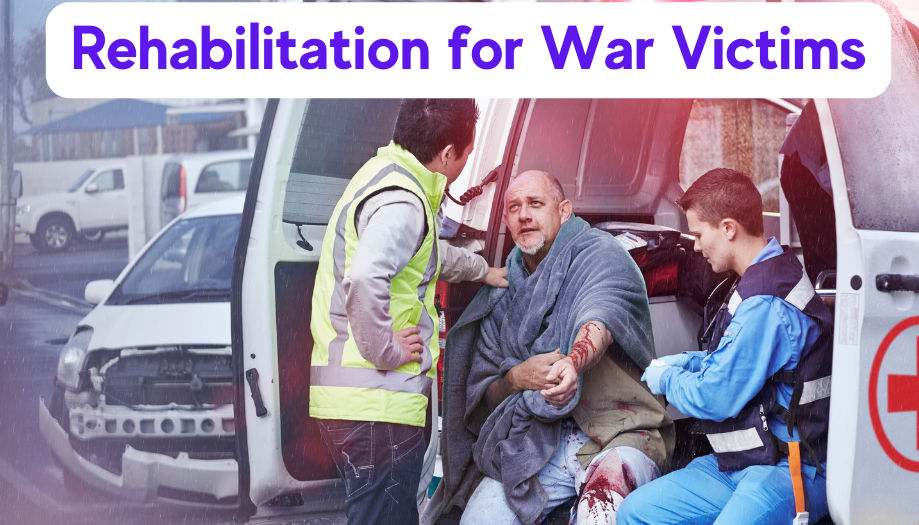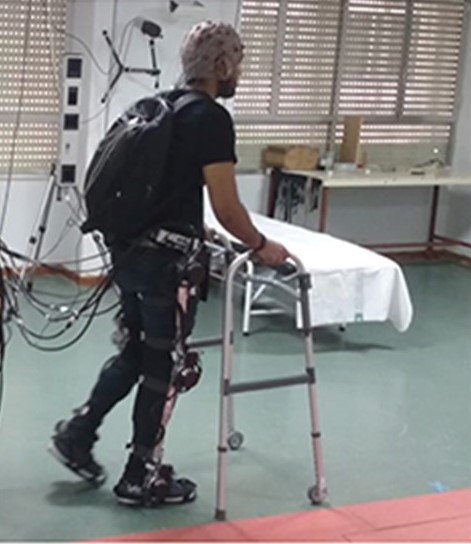War leaves a devastating mark on individuals, communities, and countries. The physical and psychological scars of war can be profound and long-lasting, affecting victims for years or even decades after the conflict ends. Comprehensive rehabilitation programs are crucial to help war victims regain their health, independence, and dignity.
Physical injuries, such as amputations, burns, and traumatic brain injuries, are a common consequence of war. Rehabilitation programs can provide specialized care to restore function and mobility, assisting victims in adapting to their new physical limitations. Prosthetics, orthotics, and other assistive devices can play a vital role in enabling individuals to participate in daily activities and regain their sense of independence.
The psychological impact of war is equally profound. Post-traumatic stress disorder (PTSD), anxiety, depression, and other mental health conditions are prevalent among war veterans and civilians alike. Trauma-informed therapy and counseling can help individuals cope with their experiences, manage their symptoms, and rebuild their emotional well-being.
Community-based rehabilitation (CBR) programs are particularly effective in addressing the needs of war victims in resource-limited settings. These programs provide a range of services, including physical therapy, occupational therapy, psychological counseling, and vocational training, within the community itself. This approach empowers individuals to receive care close to home and integrate back into their communities.
Comprehensive rehabilitation program for war victims could lead to significant reductions in PTSD symptoms, anxiety, and depression. CBR programs could also have a positive impact on the physical and mental health of war victims, as well as their ability to participate in daily activities and earn a living.
In addition to providing direct care to war victims, rehabilitation programs also play a crucial role in promoting social inclusion and reconciliation. By providing opportunities for education, employment, and community participation, rehabilitation programs can help to rebuild shattered lives and promote peacebuilding.
The need for rehabilitation for war victims is immense. Many of these individuals have experienced physical and psychological trauma, requiring specialized care to rebuild their lives.
International organizations, governments, and non-governmental organizations play a vital role in providing rehabilitation services to war victims. These organizations collaborate to develop and implement effective programs, raise awareness about the needs of war victims, and advocate for increased funding for rehabilitation services.
Rehabilitation for war victims is an investment in the future. By providing comprehensive care and support, we can help war victims regain their health, independence, and dignity. This, in turn, can contribute to peacebuilding and stability, creating a more just and equitable world for all.
Other interesting artices



